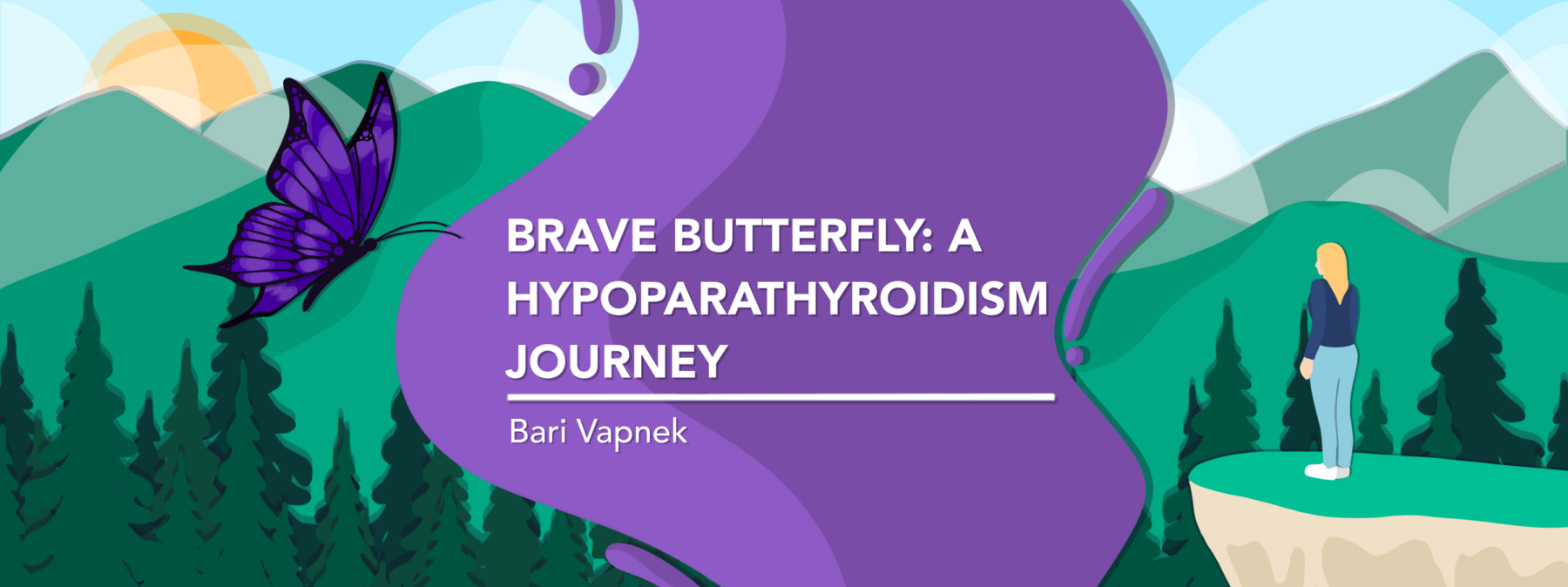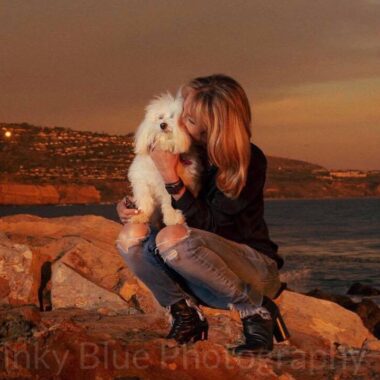A year of loss and grief, and a fresh outlook on life
There's no getting over grief, but hope offers a way forward

“Grief is the price we pay for love.” — Queen Elizabeth II
Today marks a year since my dog, Princess Leia, died. A coton de tulear, Leia was a cute, little, white ball of fluff. She was by my side from the moment I picked her up, Super Bowl weekend 2011. We were inseparable.
Losing Leia was shocking. I became depressed.
At the same time last year, my mom was recovering from life-altering surgery, and Leia was my reprieve at the end of each day, wagging her tail, doing her happy dance, and giving me lots of love and licks. She made me feel loved, needed, and was the epitome of loyal. Leia wasn’t just a pet, but a source of comfort and support. She was so attached to me, I referred to myself as her emotional support person.
But she was my emotional support.
Leia was there through numerous calcium crises and hospitalizations. She was by my side through the hardest days of my life — the death of my dad, my kids leaving for college, the pandemic, and my divorce. We slept together. Days when I was too sick to move, she’d lie with me for hours, letting me rest. She somehow knew when I was hypocalcemic and gave me time to heal.
Her presence helped remind me that I wasn’t alone. I’ve had difficulty sleeping since her passing. Her absence leaves an ache in my heart.
On the path to healing

Bari Vapnek leans in to kiss her companion dog, Princess Leia, who passed away a year ago. (Courtesy of Bari Vapnek)
The Kübler-Ross 5 stages model, a theory about the emotions people experience when they grieve, progresses through five stages: denial, anger, bargaining, depression, and acceptance. The stages aren’t necessarily experienced in that order and they can occur repeatedly.
For those of us who battle a chronic health condition, such as hypoparathyroidism, there seems to be a sixth stage of grief. It’s called managing our health. Since Leia’s passing, I’ve been hospitalized four times due to my calcium being unstable. Having to constantly manage my health has made the grieving process more complex and challenging, like a never-ending battle fought alongside emotional grief.
I wasn’t only grieving Leia. During this time, I also had to lower my Yorvipath (palapegatide) dose to the FDA-approved 30 mcg and to add standard of care, which is calcium and Calcitriol, or activated vitamin D, all while navigating life alone. I lost some of the medication that made me feel invincible and the dog that made me feel needed.
This year has come at me in waves, but over time, and with being able to embrace these changes, and not fight them, the scope and shape of my grief changed. Embracing change isn’t a sign of weakness; it’s a testament to strength and adaptability. It’s a sign that we are ready to move forward, and to heal and grow.
I had difficulty adapting to this new reality. My daily routine changed. My calcium levels kept crashing. That’s what stress does: it lowers my calcium. Like losing my parathyroid glands after a total thyroidectomy, it’s a loss I’ll forever grieve.
No getting over grief
Healing is an act of bravery and vulnerability. One thing I know is that there is a silent language of grief and no timeline to when it ends. The pain diminishes, but never goes away completely. Grief isn’t something we get over, it’s something we learn to live with. Over time, my new normal has become routine, but the pain in my heart is eternal.
Recently, I underwent a metamorphosis, one that motivated me to move. I can’t change the past, but I can change how I react to it. I am happy and healthier. I am not sitting at home waiting to die and let life pass me by. I am living, traveling, and making new memories. We are only given one life and, even when life is hard, we have to find a magic spark that ignites the fire within. Healing isn’t just about overcoming grief; it’s about transforming into a stronger, more resilient version of ourselves. This transformation brings hope for the future.
This Brave Butterfly will continue spreading her wings, in good times and bad. I find it fitting that the date of Leia’s death and my newfound outlook on life both fall on the holiest week for Jewish people. May we all be sealed in the book of life and find strength within to fly.
Note: Hypoparathyroidism News is strictly a news and information website about the disease. It does not provide medical advice, diagnosis, or treatment. This content is not intended to be a substitute for professional medical advice, diagnosis, or treatment. Always seek the advice of your physician or another qualified health provider with any questions you may have regarding a medical condition. Never disregard professional medical advice or delay in seeking it because of something you have read on this website. The opinions expressed in this column are not those of Hypoparathyroidism News or its parent company, Bionews, and are intended to spark discussion about issues pertaining to hypoparathyroidism.








Leave a comment
Fill in the required fields to post. Your email address will not be published.